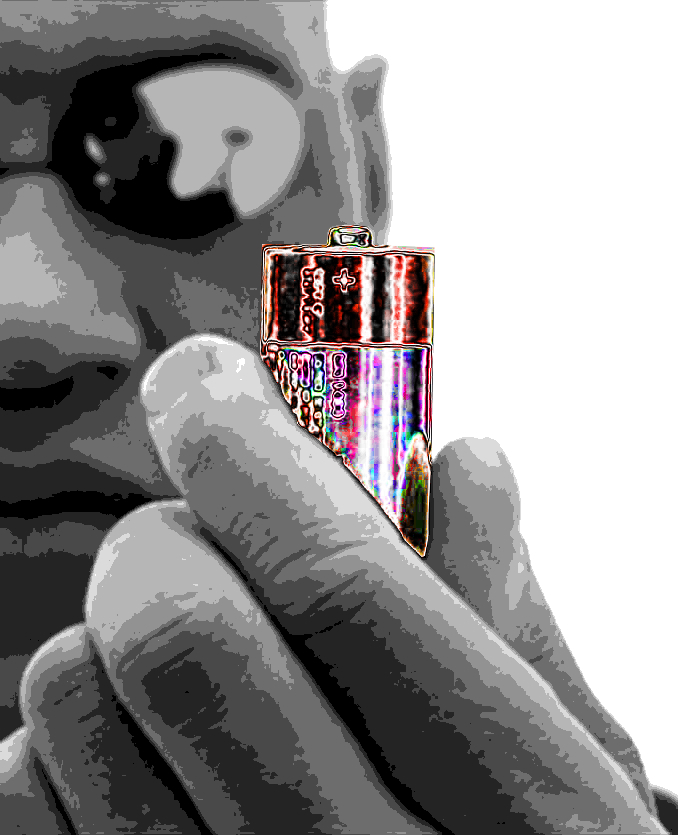Zinc batteries backed in NSW
 A Sydney company is planning to start production of next-generation fire-resistant zinc-bromide batteries.
A Sydney company is planning to start production of next-generation fire-resistant zinc-bromide batteries.
Gelion Technologies is a commercial entity born out of research by Dr Thomas Maschmeyer at the University of Sydney to develop fire-resistant zinc-bromide batteries.
“If we short-circuit our battery, it might get a bit warm, but that’s it,” Dr Maschmeyer says.
“If we overcharge it by 250 per cent – you do that to a lithium-ion battery it just blows sky-high – ours gets a bit warm, but you let it cool down a bit and it’s fine.”
Professor Maschmeyer said there are strong and legitimate concerns about fires from lithium-ion batteries.
“People are aware of the issues and try to engineer them out, and we see them still blowing up,” he said.
“There is huge demand for something that’s safe. People put safety above cost.”
Experts say there have been up to 40 known fires at large-scale, lithium-ion battery energy storage sites. One of these occurred in Australia in July, when a Tesla Megapack battery caught alight at Neoen’s 300-megawatt Victoria Big Battery project.
Dr Maschmeyer says this cannot happen with zinc-bromide batteries.
“Our electrolyte is fire-retardant. If it leaked out, it would help put the fire out,” he said.
Another advantage is that they can be made at existing battery factories.
Gelion Technologies has secured a deal to manufacture and distribute its non-flow zinc-bromide batteries from a Battery Energy Power Solutions factory in Sydney. Battery Energy is preparing a pilot production line and says it may be able to fully commercialise the project from next year.
If production of zinc-bromide batteries can reach 100 megawatt hours scale, they should be up to 25 per cent cheaper than lithium-ion.
Gelion is aiming its products first at industrial customers like drone operators and electric vehicles manufacturers.
“The lithium-ion technology will never last the same as zinc-bromide, the 5,000 to 6,000 cycles,” Dr Maschmeyer said.








 Print
Print